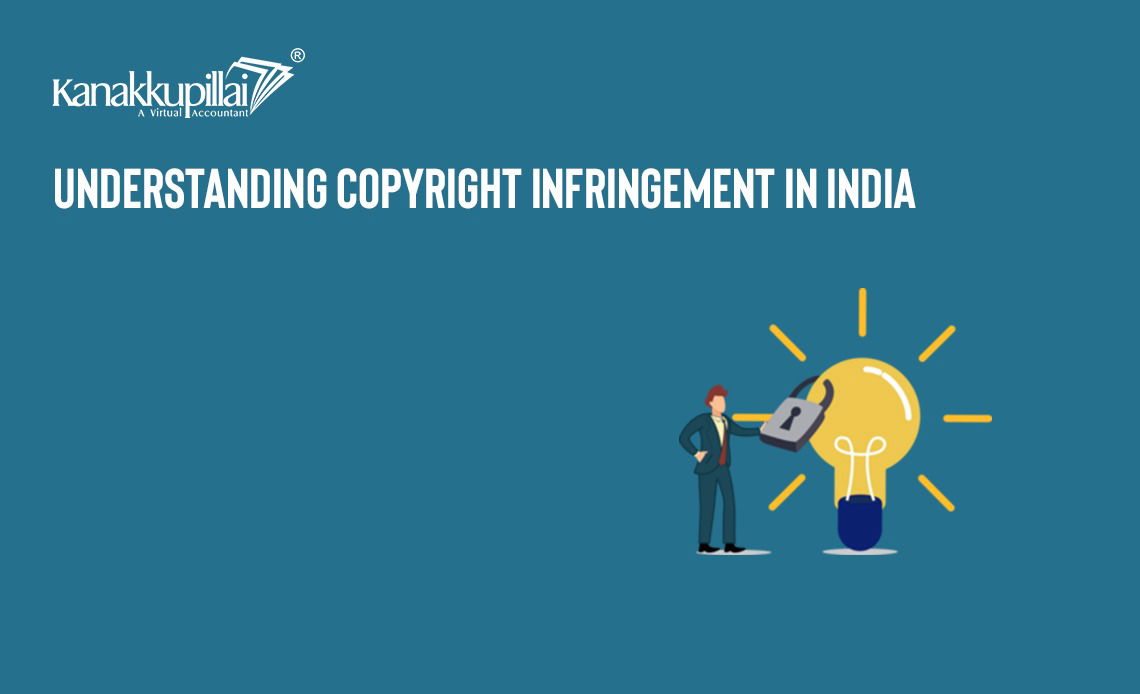A major crime in India, copyright infringement, is the illegal use of a work under protection. It is important for people to grasp the idea and its consequences as it bears both criminal and civil fines. Violating the exclusive rights of the copyright holder—that which includes the right to reproduce, distribute, display, or perform the protected work—copyright infringement.
What is Copyright Infringement?
Using a work without permission results in copyright infringement, therefore violating the only rights of the copyright owner. This covers copying, distributing, displaying, or working on without permission. Section 51 of the Copyright Act outlines the conditions under which copyright infringement occurs: acting only the copyright holder is authorized to perform without their permission, allowing a location to be used for selling, exhibiting, communicating, or distributing an infringing work, and importing pirated copies of a work.
Types of Copyright Infringement
Copyright theft can be grouped into two main types: primary and secondary damage.
- Primary Infringement: This refers to the straight copying of a work, such as writing a book for business sale. It includes making copies of protected works to spread them for profit.
- Secondary Infringement: This happens when a work’s copyright is broken without actually reproducing it, such as selling unauthorized copies. It includes making a place where copyright theft can occur, selling unapproved copies, spreading illegal copies, and bringing in illegal copies.
Exceptions to Copyright Infringement
Although most of the time forbidden, there are several instances wherein the use of a copyrighted work without owner consent is permitted. These exclusions consist in:
- Fair Use: Using bits or samples to back one’s opinion or criticism, as long as the information is publicly available and not kept private. This includes using samples from a work to talk or study it in a piece or review.
- Credit: Giving the copyright owners correct credit can help ease fears about possible copyright violations. Providing proper thanks to the copyright holder can help lessen worries about possible infringement.
Remedies for Copyright Infringement
The owner of copyright has numerous options at hand to handle infringement of their work. These cures comprise:
- Stricter Punishments: Longer jail terms and bigger fines to stop copyright crimes. Imposing higher fines for infringement can work as a deterrent and lower the frequency of such crimes.
- Necessary Registration: Making copyright registration necessary to provide strong proof in court cases of infringement. Requiring registration can help show ownership and ease legal action against infringers.
- Publicity Campaigns: Launching thorough campaigns to stress the criminal nature and effects of copyright breaches. Raising information about the legal effects of theft can support teamwork and respect for rights.
Conclusion
Understanding copyright infringement is important for artists and users alike to value intellectual property and build a culture that supports invention. Awareness of copyright laws allows artists to protect their works, urges customers to value intellectual property, and leads politicians in creating legislation that balances growth and security. By understanding the ideas, types, limits, and answers linked to copyright violation, people can add to the creation and spread of original works while protecting the rights of copyright holders.
Related Services:





